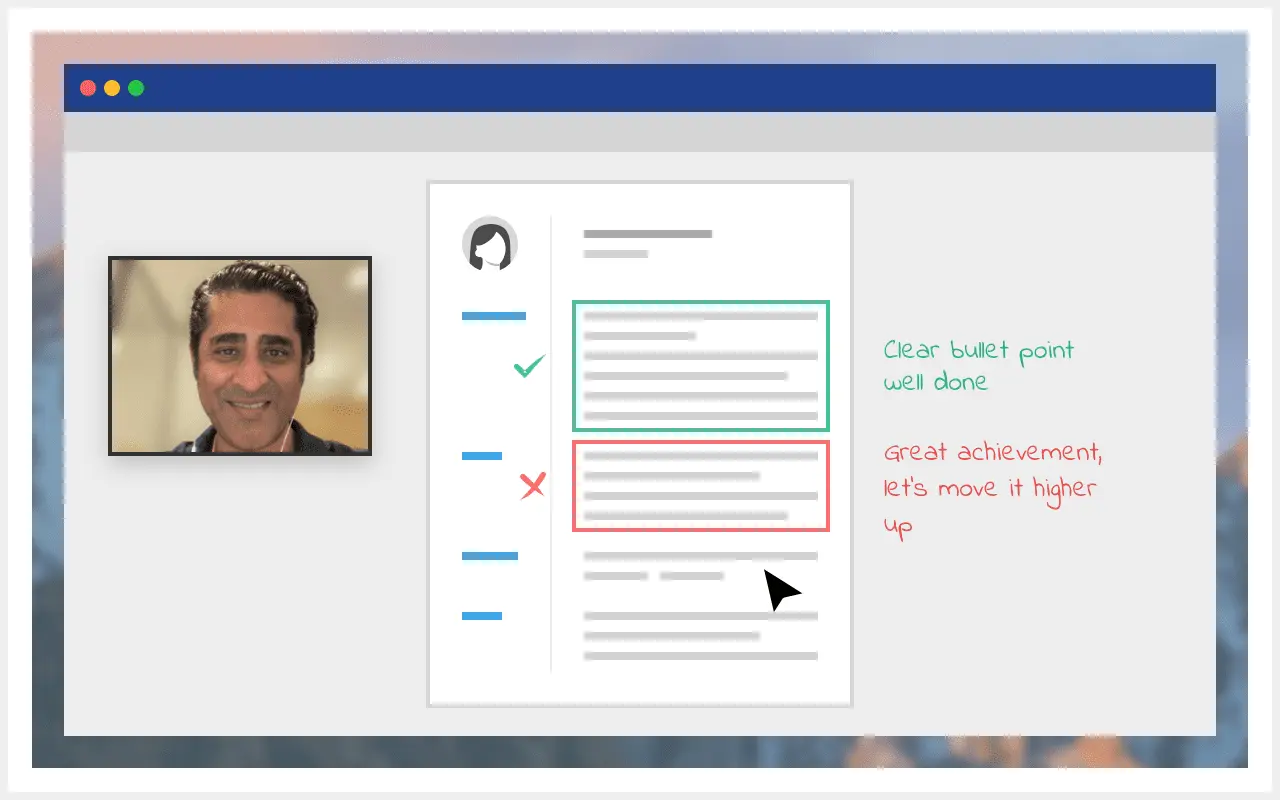Top consulting firms are hired to solve some of the toughest problems their clients face. For instance, the Dutch airline KLM recently hired BCG to help it run its airplane fleet more efficiently using artificial intelligence.
As a result, top firms are in need of strong problem solvers and have been intensifying their PhD and Postdoc recruiting efforts. McKinsey and BCG even run 3-day programmes to introduce advanced degree holders to consulting and convince them to apply.
But here is the thing, describing your research in a way that will impress a business person can be challenging. How much should you talk about your research? Do they care about all the papers you published? What skills are consulting firms looking for anyway?
We've helped a lot of PhD and Postdoc students get interviews with top consulting firms as part of our resume and cover letter review service. In this post we summarise some of the top tips we have learned in this process. So let's get started and help you craft an impressive consulting resume!
Click here for a resume review with an ex-MBB consultant
1. Use a consulting-specific structure
Consulting resumes are different to other resumes (you can download a sample above). They follow a pre-defined structure that your resume screener will expect you to respect. Here are the five areas we recommend using:
- Personal information
- Education
- Work experience
- Extra-curricular achievements
- Additional skills
As you have probably noticed, there are some important differences between what would be expected of a cv for a research position in academia and what's contained in a consulting resume. In summary, here are the main sections you should NOT include in your consulting resume:
- Publications
- Conferences attended
- Scholarships and awards
To be clear you SHOULD write about your publications, scholarships and awards, and the conferences you attended. But this should be directly blended into your Education and Work experience sections. You should not have separate sections for these elements. Here is an example of how you could describe your PhD:
|
PhD in Chemistry, Harvard University, US Jan 2015 to Jan 2018
|
Note how publications, awards and conferences attended are summarised in the 3rd, 4th and 5th bullet points. You don't need to go into more details than this in a PhD consulting resume.
2. Write result-oriented bullets
The second most important tip about your resume is that your bullet points should be result-oriented. The best way to achieve this is to:
- Start your bullet points with action verbs
- Focus your bullet points on the impact you had
- Quantify the impact whenever possible
If you are not sure what action verbs are, you can check our consulting resume keywords article where we cover this in detail. Here is an example of what we mean by focusing on impact and trying to quantify it:
- Wasted bullet point: "Tom, B., Fuster, R., & Gomis, K. (2018). Analysis of labor market dynamics in the gig economy. J Scientific Labor. PMID: 45987."
- Boring bullet point: "I was part of a team that planned a research project on the gig economy. My main role was to do data analysis and presentations"
- Result-oriented bullet point: "Led the development of a research collaboration on the gig economy, coordinating 20 scientists across 3 labs, resulting in 2 publications in the best journal in my field."
Note how the best bullet point starts with an action verb (i.e.: "Led the development"), how it focuses on your impact (i.e.: "coordinating", "resulting") and how it is quantified (i.e.: "20 scientists across 3 labs", "2 publications"). We encourage you to strive to achieve this for each of your bullet points. It takes a bit of time but will really make you stand out.
3. Explain your research to a Financial Times reader
Explaining your research simply is probably one of the hardest things about doing a PhD! But this is really important, especially when it comes to consulting applications. One of the main skills that sets management consultants apart is that they are able to summarise complicated situations extremely simply to executives and boards. You need to show you possess this skill too!
Some of the people who will read your resume won't have studied in your field since they left high school. You need to take that into account and dumb it down for them. This is particularly important if you did a very technical PhD in science, finance, economics, etc.
A good rule of thumb is that the average reader of the Financial Times or the New York Times should be able to broadly understand what you did just by reading your resume. You don't need to give them the details. They just need to understand the broad field in which you were operating in simple words. That's all they are asking for. So go ahead, open the FT or NYT, get a feel for how complicated topics are explained and see if adapt your PhD description based on what you learned!
4. Show off your soft skills
One of the main skills consulting firms look for in your resume is problem solving abilities. Fortunately, in our experience PhD resumes easily tick that box. Gathering data, structuring problems and summarising your findings are core parts of doing research and these skills will naturally come across when you write up your resume.
However, consulting firms are looking for candidates that can do more than just solve problems. Before hiring you they will want to make sure that you have the necessary soft skills to work with clients. And the main two soft skills they will want to see on your resume are: teamwork and communication.
Fortunately, there are two easy ways you can check these boxes in your document:
- Teamwork: in our experience doing research involves collaborating with other student, professors and institutions on different projects. You should not hesitate to mention these initiatives, how many people they involved and the publications they led to. For instance, you could write something like: "Managed collaboration with 3 researchers from the University of Oxford which led to unprecedented findings in the field of cancer tumor imaging"
- Communication: in our experience most PhD programmes also involve some form of teaching as well as presentations at conferences. Again, you should use these experiences to demonstrate your ability to communicate. For instance, you could write something like: "Presented research at two prestigious conferences in my field in the UK (250+ attendees) and Spain (100+ attendees)"
We really encourage you to take the time to craft bullet points that demonstrate your soft skills. Your ability to work with others and to communicate efficiently will put you well on your way for an interview.
Additional resources
The article above as well as our consulting resume and consulting cover letter guides should go a long way in helping you get an interview. But if after using them you still feel you need additional help, we have also put together a resume review service for you.
By signing up to this service, you can choose from a team of ex-MBB recruiters and interviewers, who will spend an hour going over your resume with you. You’ll get feedback on how to immediately improve your resume, including what experience to focus on, how to optimize your phrasing, formatting, etc.
Check it out, you'll be in good hands!















